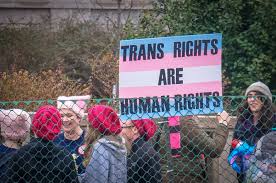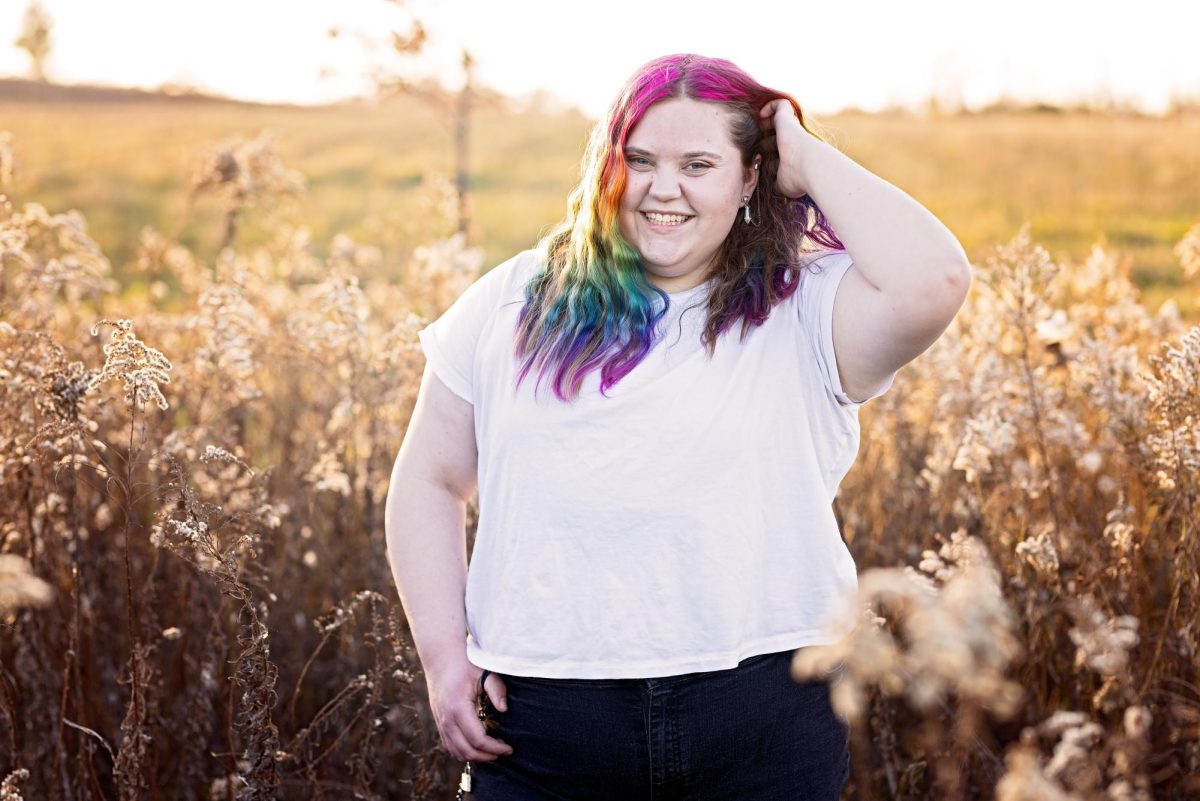Feeling different or not fitting in at a young age can be hard enough when one doesn’t have the newest or trendiest items, but not feeling comfortable in one’s body or skin seems to be even harder. With talk around hormones or “puberty blockers” becoming more common or banned in other countries and states, they are one of the many ways or procedures that can help with the inclusion of diversity.
Hormone blockers do what they’re named after; they block the growth of puberty. Meaning for those assigned female at birth, it pauses breast growth, hip growth, and menstrual production. For people assigned male at birth, it pauses shoulders broadening, voice changes, facial hair, and bodily growth. With these medications being available in shot form or a rod injection into the body, it can help adolescents with gender dysphoria, depression, anxiety, and many other poor outcomes. Not only is it used for people struggling with their gender identity, but it also can be used medically for women giving them more time to grow, so they don’t start puberty at such a young age, which can be common in some families hereditarily.
According to CNN, England’s National Health Service just banned the blockers, along with 22 U.S. states. When it comes to situations like these, medical care has become an overly politicized issue. When children don’t feel comfortable in their bodies or reject themselves because they don’t like who they see in the mirror, it’s important to have solutions or positive outreaches that young people can turn to in need of care like every other medical issue in the world (with parent care and observation).
Many would argue that it’s unethical to use these, and our generation is “too woke” for having this offered now, but it has been around since 1980 and was approved by the FDA in 1993. There aren’t many side effects according to Mayo Clinic Online. The only ones are bone density not being as strong, but that can be fixed with calcium or vitamin D supplements, along with headaches and swelling once a person first gets the injection or shot. On the brighter side of the issues, many positive outcomes such as improving social comfortability, easing both depression and anxiety, lowering the need for future gender confirmation surgeries, and overall improving one’s mental well-being come with hormone blockers. Another stance is that if someone lets their kid “pick” what gender they are and let them act on it at a young age, they’ll regret it later in life. According to CNN, a study was done in the Netherlands to see if gender-affirming medication users did regret it later in life, and the study showed that 98% of these medication users still used it five to six years later in life in early adulthood.
Many medications that have been used over the years have faults and issues, but this particular study and medicine has little to no serious side effects which makes it safer.









